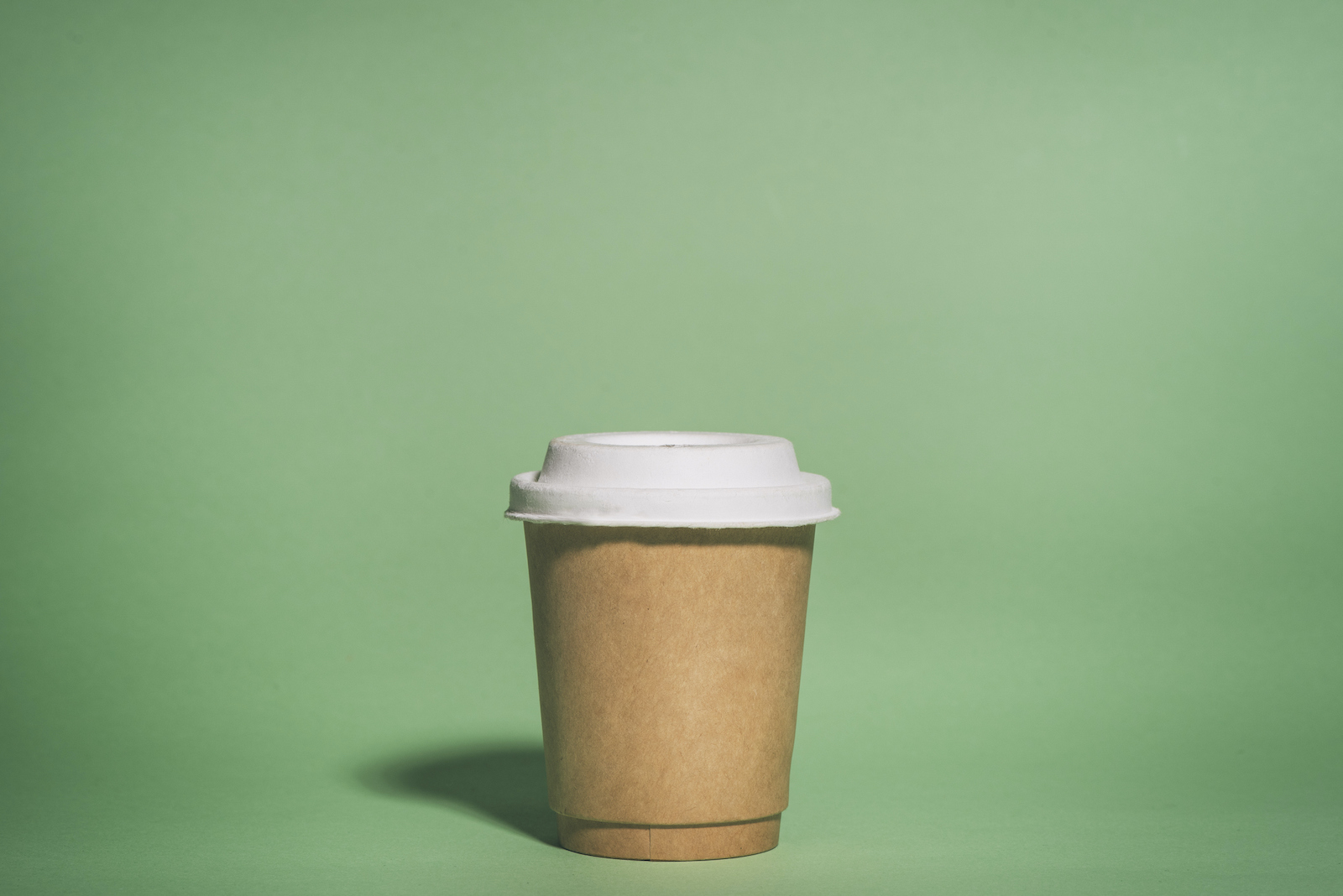Food ordering and delivery have become increasingly popular in recent years thanks to quick service apps like DoorDash. Whether you’re craving your favorite meal or in dire need of groceries, DoorDash has got you covered.
Well, at least for the most part.
According to one DoorDash customer, her Starbucks coffee order was declined by her driver, who argued that a $3.50 tip wasn’t enough to cover traveling two blocks to pick up and deliver her coffee. Screenshots of the heated exchange were posted to Reddit on July 15 by the woman’s husband, user u/Tikkity_Tok23.
A message from the Dasher, whose name is shown as “Goga,” read: “I’m not going to serve homeless people in this rain. Cancel the order. I won’t bring it to you. If you don’t have money, you should make coffee at home.”
The woman responded: “Homeless people? What the f***? I am reporting you to DoorDash.”
The driver replied, “Accordingly, you have to pay if you want your order to be delivered, or you will suffer from hunger,” to which the woman wrote: “How can someone homeless order from DoorDash? It was already paid — you can’t order if you don’t pay first. You should not have accepted the order if you didn’t want to deliver it.”
The driver then said, “There are too many bad orders coming in every day. I’m not going to bring that. $3 is ridiculous.”
“This is crazy. Taking bad orders out on a customer that actually tipped almost 40% for a two blocks away travel time is unacceptable,” wrote the woman’s husband on Reddit. “We are not the type to report or get people in trouble but this guy gets everything he deserves.”
This isn’t the first time ordering coffee on DoorDash has spurred a heated discussion on Reddit. It’s been a contentious topic amongst Dashers and consumers alike, with some users saying it’s OK to do so, while others believe it’s lazy consumer behavior. The debate has yet to be settled, which once again begs the question: Is it truly that absurd to order one coffee on DoorDash?
Ordering one coffee might seem absurd to some — but in the age of hyper-personalized convenience, it’s hardly the most extreme ask. DoorDash is designed to deliver food, regardless of size or value, and it’s not uncommon for customers to request everything from a single Hi-C orange to a handful of McDonald’s dipping sauces. A coffee? Practically reasonable by comparison.
Want more great food writing and recipes? Sign up for Salon’s free food newsletter, The Bite.
There’s also the issue of what an appropriate tip is for such small orders. In 2023, Business Insider interviewed 10 Dashers based in New York City, asking them what they believed was a reasonable amount for tipping. In one instance, Business Insider used DoorDash to order a breakfast sandwich and an iced coffee from Starbucks, tipping $2.50 — or 17 percent — on a total of $14.65 with tax and service fees. In a second order for an egg wrap and an iced matcha drink, a $2.50 tip — or a little over 14 percent — was given on a total that came to $17.43. The tip for the first order was described as “good” by the delivery driver because it was a “small order,” while the tip for the subsequent order was deemed not enough by the driver, who requested a five or six-dollar tip.
The general consensus amongst the drivers was that tipping should be based on the size of the order, with weather and distance being additional factors. A decent tip is between 15 to 20 percent of the total bill. In a 2019 blog post, Grubhub suggested customers tip 20 percent, which is the “standard cost,” and said to never tip less than five dollars.
However, that’s subjective because in the case of the recent Starbucks coffee drama, a $3.50 tip falls below the five-dollar benchmark but is still over 20 percent of the total bill. It’s a more than sufficient tip that the driver could have simply accepted or declined. Because that same level of autonomy that’s granted to customers is also granted to drivers. In the same way that customers can order what they please, drivers can also be selective about their deliveries based on the tip amount.
Newsweek reported that the Dasher has since been banned while the incident is being investigated.
In a separate incident, DoorDash fired a delivery driver for cursing at a woman who tipped him five dollars on a $20 order.
A growing tension between convenience culture and human labor is at the heart of this particular drama — and so many others like it. Delivery apps promise frictionless service, but the realities behind that promise are anything but seamless. Whether it’s a coffee, a combo meal or a bag of groceries, each order invites a quiet negotiation: What’s fair? What’s worth it? And who gets to decide?
Read more
about food delivery:


